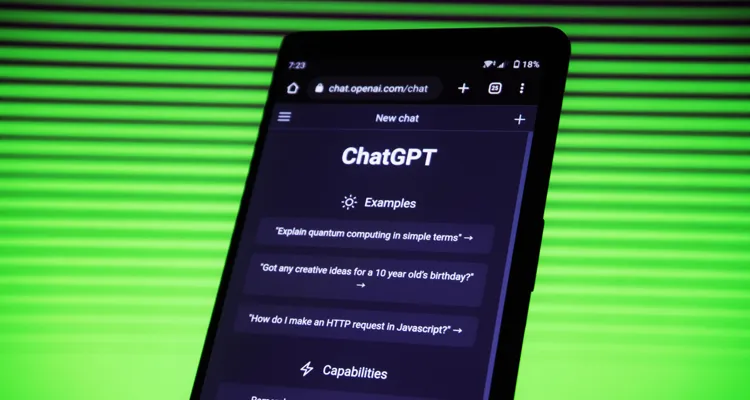Photo Credit: Mojahid Mottakin
Italy blocks ChatGPT over privacy, data security, and mature content concerns.
The Italian Data Protection Authority announced it was temporarily blocking the artificial intelligence software ChatGPT until it “respects privacy.” This news comes on the heels of a data breach as Italy investigates a potential violation of strict European Union data protection rules.
OpenAI, the US-based company that developed the chatbot, said it had disabled ChatGPT for Italian users at the government’s request. The company said it believes its practices comply with European privacy laws and hopes to make ChatGPT available for Italian users again soon.
Italy’s action is the first “nation-scale restriction of a mainstream AI platform by a democracy,” according to Alp Toker, director of NetBlocks, an advocacy group monitoring internet access worldwide. The restriction affects the web version of ChatGPT that is available for public use but is unlikely to affect software applications from companies with licenses from OpenAI to use the technology, like Microsoft’s Bing search engine.
The Italian Data Protection Authority, known as Garante, said OpenAI must report within 20 days the measures taken to ensure the privacy of users’ data or face a fine of nearly $22 million (20 million euros) or 4$ of annual global revenue. The agency’s statement cites the EU’s General Data Protection Regulation and a recent data breach involving ChatGPT and subscriber payment information obtained during “users’ conversations.”
Garante has also questioned whether OpenAI had legal justification for its “massive collection and processing of personal data” utilized to train its platform’s algorithms. Additionally, it noted that without a system to verify users’ ages, children risk exposure to responses “absolutely inappropriate to their age and awareness.”
OpenAI said it works “to reduce personal data in training our AI systems like ChatGPT because we want our AI to learn about the world, not about private individuals.”
“We also believe that AI regulation is necessary — so we look forward to working closely with the Garante and educating them on how our systems are built and used,” said OpenAI.
Garante president Pasquale Stanzione told Italian state TV last week that he was one of those who signed the letter published earlier in the week calling for companies like OpenAI to pause the development of more powerful AI models. Stanzione says he did so because “it is not clear what aims are being pursued” by those developing AI.

